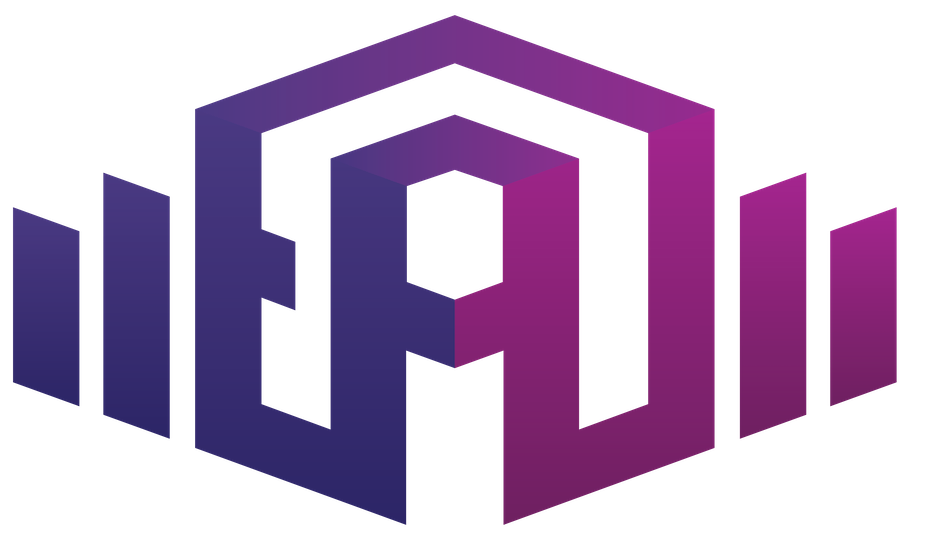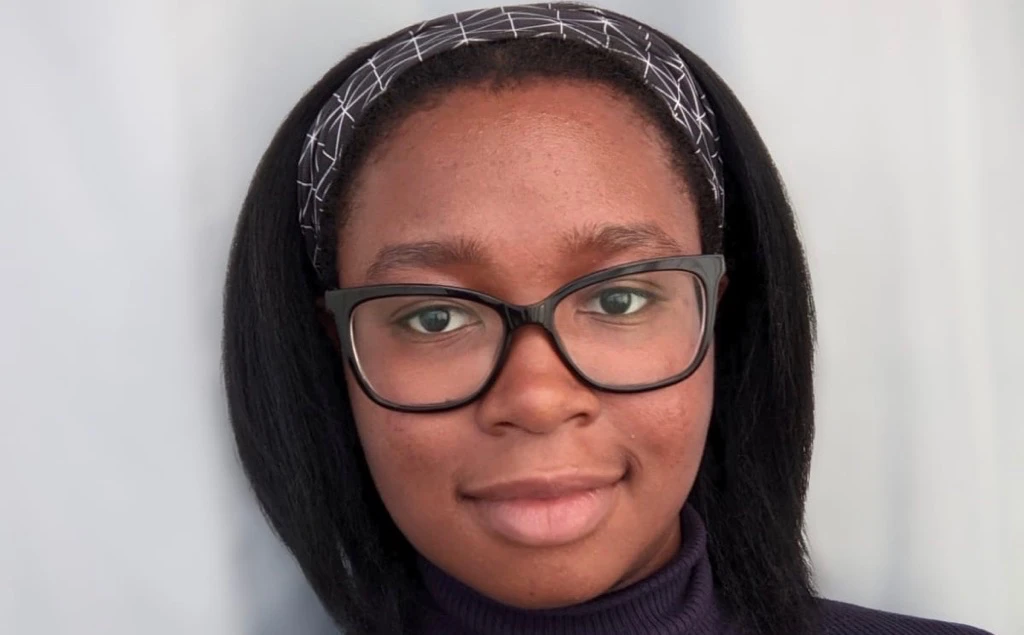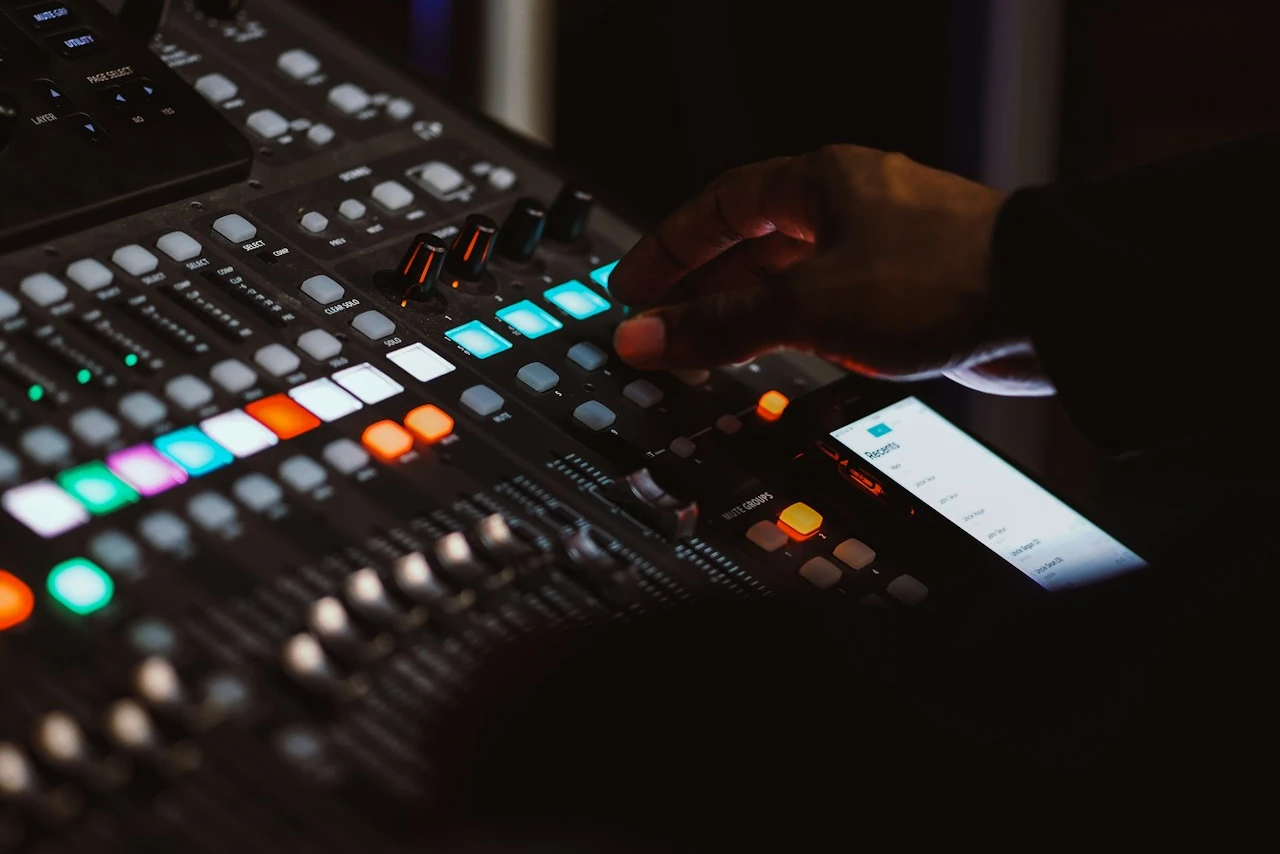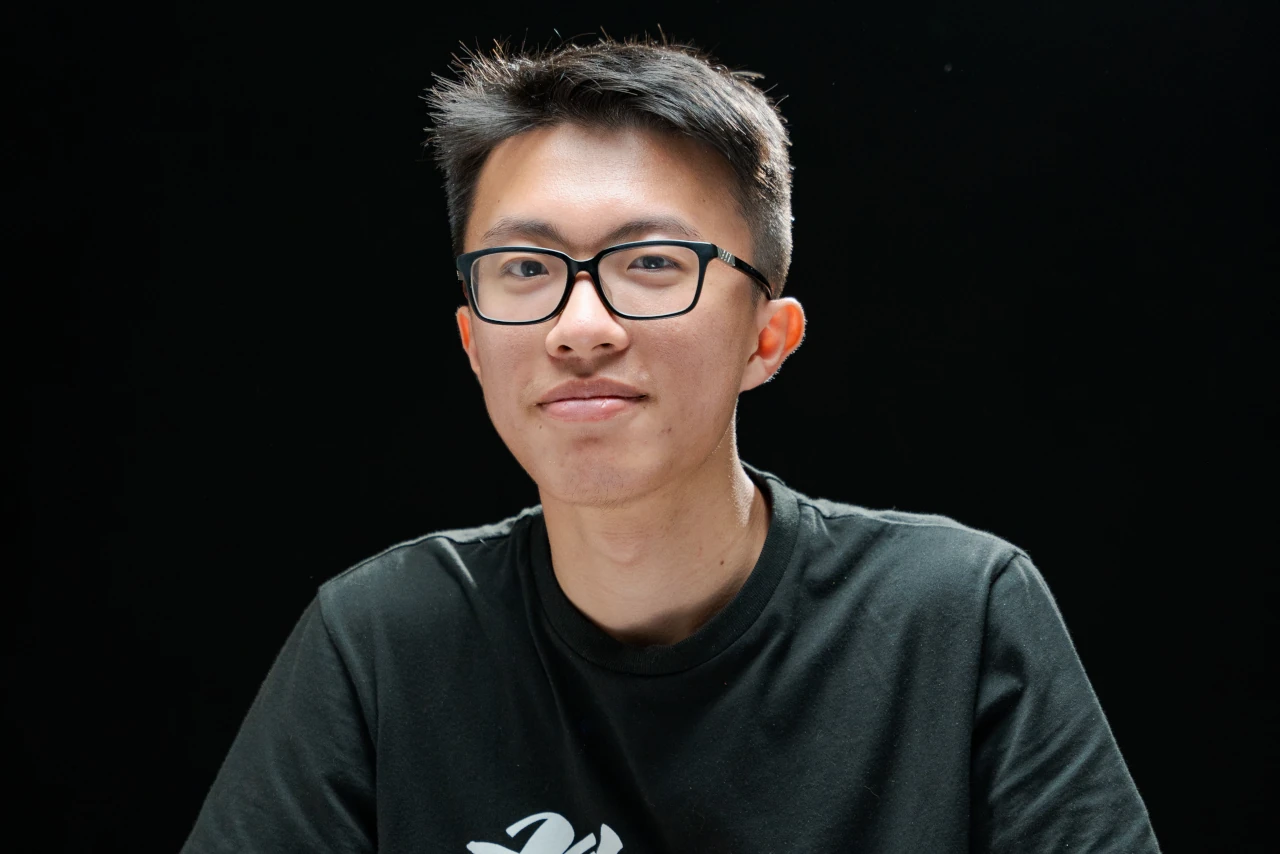Over the summer I worked as a project research intern for the EAD project. My role was mostly focused on gathering data on the impact of the project. Even though I didn’t have any prior experience working with TV, film, sound or audio, I was excited to start the internship. This experience has been enlightening and has enriched my understanding of inclusivity and accessibility in TV and Film.
As someone who consumes a lot of media (including music, film, and TV) in different languages, I knew the importance of creating avenues that would make media more accessible to a wide range of audiences. I would not be able to enjoy a lot of the content I currently watch without closed captions and subtitles. I wanted to learn more about how the industry was responding to a need for accessibility and to see how accessibility features were being implemented in TV and film.
Coming into this experience, I didn’t know much about audio description; I had stumbled on it a few times while watching certain TV and streaming shows but that was as far as my knowledge and exposure went. Until my internship I wasn’t even aware that certain films had audio descriptions available for audiences to use in the cinema. I didn’t even know that you could have audio descriptions in live theatre performances. The EAD internship gave me an opportunity to expand my knowledge and put into practise some of the skills I had built up over the course of my academic career and during my placement year as a communications intern at the University of York.
I spent most of my internship learning about the project and how it has been able to create a positive impact in the community and in industry. The EAD project is linked with the RNIB and MySight York the latter of which is a local charity that they have worked with on community programmes and events. I also had the chance to learn about changes in accessibility standards and policy. I learned about some of the guidelines and regulations that govern audio description and other accessibility features for TV programming in the UK. It was really interesting to see some of the EAD team’s research being featured in proposed changes to OFCOM’s guidelines. I was able to see the tangible impact of the project and how its research is actively helping to form and improve on current accessibility standards in domestic TV programming.
Feedback was a primary part of my role, as such I summarised impact statements from focus group participants and industry professionals. One of the highlights of my internship was attending a focus group/screen test for one of films the EAD team had been working on. It really put into perspective the importance of audio description in creating a deeply engaging experience. The film itself was mixed beautifully, with care taken to highlight and emphasise background details which made the viewing experience very immersive. I was able to fully experience how enhanced audio description would make the viewing experience so much better for all kinds of audiences.
My time with the EAD project allowed me to understand the bigger picture. Accessibility isn’t just about providing a service; it’s about ensuring that everyone has equal access to culture, art, and entertainment. It’s about creating a more inclusive world where no one is left behind. I hope to see the continued growth of audio description services becoming normalised and more widespread. I also hope to see the EAD team continue on this second iteration of the project, as I hope to see the positive impact they will have on improving inclusivity standards in the industry and creating more awareness of the needs of visually impaired audiences.
Ore




